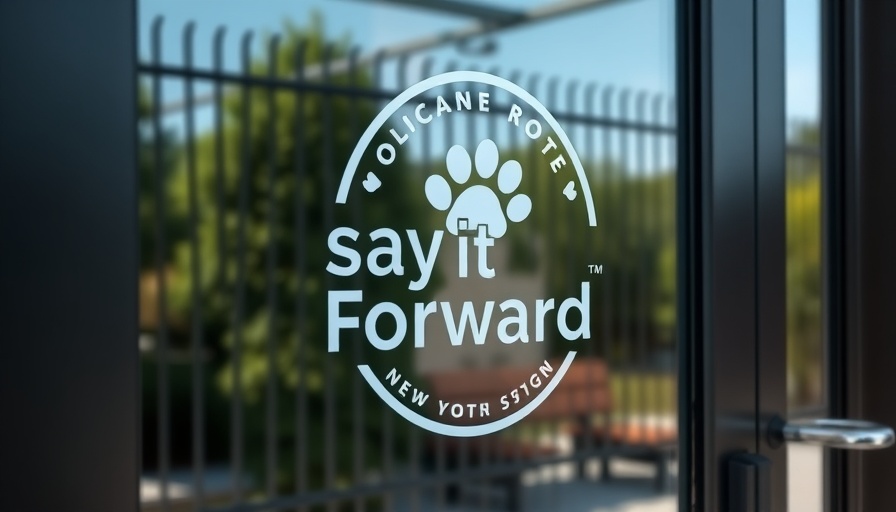
A Disturbing Call for Donations: Aalborg Zoo's Controversial Request
In a shocking announcement that has sparked a flurry of debates online, Aalborg Zoo in Denmark has made an unusual and distressing request aimed at pet owners. The zoo has appealed for donations of healthy pets such as guinea pigs, rabbits, chickens, and even horses to be used as food for their predators. This call to action has raised questions about the ethics of using domestic animals to feed zoo creatures and the implications for pet ownership.
Understanding the Zoo's Dilemma: A Perspective on Animal Care
Aalborg Zoo's unusual mission arises from challenges they face regarding the health and well-being of their carnivorous animals. The necessity to maintain a balanced diet for these predators is critical; they rely on fresh meat to stay healthy. By encouraging donations of healthy pets, the zoo claims to pursue a sustainable (if grim) solution to their dietary needs. This situation presents a complex challenge for the zoo and highlights the sensitive relationship between humans, pets, and wildlife.
Ethical Implications: Are We Playing God?
This request ignites discussions around the ethics of euthanizing healthy domestic animals for predator feeding programs. Many pet owners feel an innate attachment to their animals, making the idea of surrendering them for such purposes extremely distressing. Ethical concerns arise regarding the sanctity of life, as well as the responsibilities inherent in pet ownership. What does utilizing healthy animals in this way say about our values and ethics as a society?
Alternatives to Surrender: Finding Compassionate Solutions
Advocates for animal rights suggest that the zoo should seek alternative, more ethical solutions to meet their dietary needs. For instance, many zoos have implemented programs where local butchers provide animal parts that are unsellable in stores. This practice, while still morally questionable for some, presents a less distressing option than directly feeding healthy pets to predators. Exploring partnerships with local farms and utilizing ethically sourced food could provide the necessary nutrition without sacrificing the welfare of domestic animals.
The Ripple Effect: How This Could Impact Pet Ownership
The zoo's request could potentially shift how pet ownership is viewed. This brings to light crucial conversations about the long-term commitment of owning pets. For many, the idea of giving up a loved family companion for any reason is unfathomable, reinforcing the need for awareness and education regarding responsible pet ownership. Organizations providing resources for pet care, welfare, and adoption can play significant roles in addressing these issues. Educating the public can mitigate future crises and encourage more people to consider the welfare of all animals.
Encouraging Compassionate Conversations
As pet owners navigate their feelings about Aalborg Zoo's request, it’s important to foster discussions grounded in compassion and understanding. Sharing experiences about pet care, the joys of companionship, and the challenges faced can celebrate the bond between humans and animals while addressing the ethical dilemmas on the table. Encouraging dialogue around pet ownership can empower individuals to make informed, loving decisions for their furry friends without resorting to drastic measures.
A Call to Action: What Can You Do?
As this situation unfolds, individuals are encouraged to reflect on their own pet ownership journeys. Are you aware of local shelters or zoos that might be facing similar issues? Consider supporting organizations that promote the ethical treatment of all animals. Volunteer at a shelter, educate others about responsible pet ownership, or even foster a pet in need. It’s through these proactive measures that we can ensure better lives for pets and wildlife alike.
This unique and unsettling situation invites all pet owners to confront tough questions about their responsibilities and values. Engaging in these conversations can help pave the way towards a more considerate and compassionate understanding between humans and animals.
 Add Row
Add Row  Add
Add 




Write A Comment